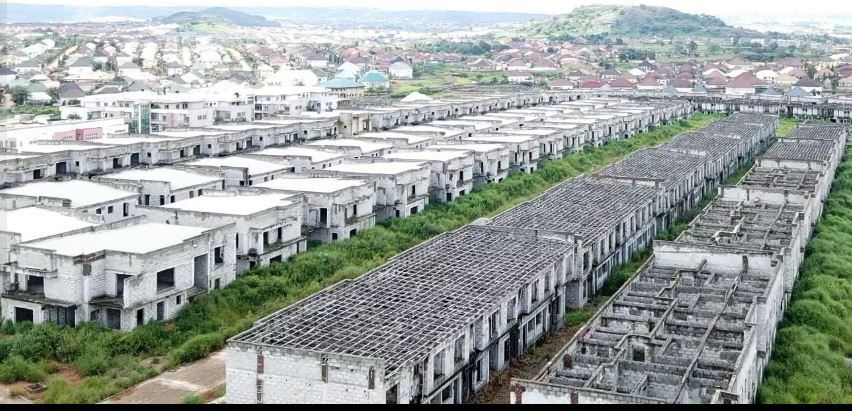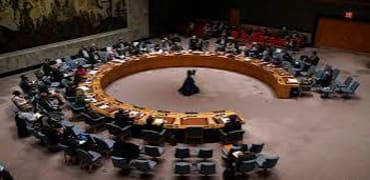Inside the EFCC’s Biggest Asset Seizure: 753 Abuja Duplexes Forfeited Forever
Inside the EFCC’s Biggest Asset Seizure: 753 Abuja Duplexes Forfeited Forever”
By Achimi Muktar
In a landmark ruling, the Economic and Financial Crimes Commission (EFCC) has secured the final forfeiture of a sprawling estate in Abuja, comprising 753 duplexes and apartments. The estate, measuring an impressive 150,500 square meters, is the largest single asset recovered by the EFCC since its establishment in 2003.
The forfeiture was ordered by Justice Jude Onwuegbuzie of the Federal Capital Territory (FCT) High Court, following an application by the anti-graft agency.
The Story Behind the Seizure
While the identity of the estate’s original owner remains undisclosed, EFCC spokesperson Dele Oyewale revealed that the property belonged to a “former top brass of the government.” Allegedly constructed through fraudulent means, the estate became the focus of an intensive EFCC investigation aimed at recovering proceeds of crime.
According to Oyewale, the legal battle began with an interim forfeiture order on 1 November 2024. The EFCC relied on Section 17 of the Advance Fee Fraud and Other Fraud-Related Offences Act, 2006, and Section 44(2) B of the 1999 Nigerian Constitution to argue its case.
“The road to this final forfeiture was paved by diligent investigations and a strong legal framework,” Oyewale stated, emphasizing the agency’s determination to combat corruption by stripping perpetrators of their illicit wealth.
Judgment and Implications
The court ruled in favor of the EFCC, stating that the respondent failed to show why the property should not be forfeited. Justice Onwuegbuzie’s decision marks a significant victory in Nigeria’s anti-corruption fight.
A Message to Fraudsters
Ola Olukoyede, EFCC Chairman, hailed the ruling as a pivotal moment in the war against corruption. “Asset recovery is pivotal in the fight against economic and financial crimes. It serves as a major disincentive to corrupt practices,” he said.
The EFCC’s success in reclaiming this massive estate underscores its commitment to ensuring that proceeds of crime are returned to public hands.
What Happens Next?
With the forfeiture finalized, the fate of the estate remains uncertain. However, there is speculation that it could be repurposed for public use, contributing to Nigeria’s housing development or other critical infrastructure needs.
This victory not only highlights the scale of corruption in high places but also showcases the EFCC’s growing effectiveness in reclaiming stolen assets.
Stay tuned for updates on how this unprecedented recovery will be utilized for the benefit of Nigerians.





















